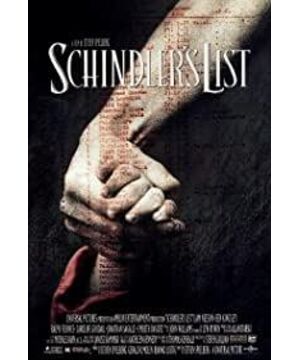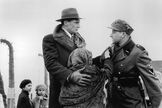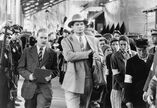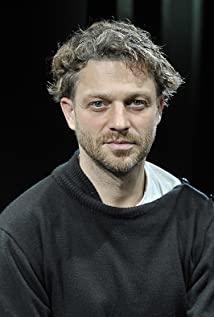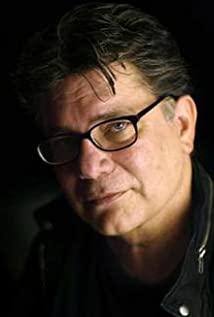If Oskar Schindler was a hero in the traditional sense who fought for his beliefs, it would be easier to understand him. But the fact that he was a flawed man who drank, gambled, played with emotions, was driven by greed, and craved luxury; thus, made his life a mystery. At the beginning of World War II, he saw the opportunity and came to Nazi-occupied Poland to open a factory and hired Jews to work for him at extremely low wages. His goal is to become a millionaire. Towards the end of the war, he risked his life, sacrificing his personal wealth to save the Jews; he deceived the Nazis for months into setting up a non-existent military factory. Why did he change? What happened to turn him from a perpetrator to a humanitarian? The film Schindler's List makes no attempt to answer this question at all, and credit must be given to Steven Spielberg. Because any answer could be too simplistic, and it would have been an insult to Schindler for the rest of his life. The Holocaust is a massive engine of evil spinning wildly, fueled by racism and fanaticism. But Schindler was in his own little corner and overcame it with wisdom. However, he seemed to have no plan and acted purely on impulse, and even he himself could not fully figure it out. These. This is Spielberg's best work so far, and he restores the truth of the Holocaust, the miracle of Schindler; in the process, he does not rely on those simple narrative formulas. The film is 184 minutes long, and like all great films, it still seems too short. The film begins with Schindler (Liam Neeson), a big, unassuming man. He was well-dressed and often hung around at night, buying caviar and champagne for Nazi officers and the girls around them, and he liked to take pictures with senior officers. He proudly pinned the swastika on his clothes. He was also very good on the black market, where he could get nylon, cigarettes, and brandy. The authorities were happy to help him open a factory to make enamel kitchenware for military cooking classes. He was also happy to hire Jews because their wages were lower than normal, so he could make a fortune. Schindler's genius lies in bribery, conspiracy, deception. He didn't know anything about running a factory, so he brought in Jewish accountant Isaac Stern (Ben Kingsley) to take care of it. Stern roamed the streets of Krakow, hiring Jewish workers for Schindler's factories. Because this is a protected military industry Businesses, if they could work there, would undoubtedly help Jews save their lives. Spielberg handled the relationship between Schindler and Stern very delicately. At the beginning of the war, Schindler was all about making money, and by the end of the film, he was all about saving "his" Jews. We know Stern is well aware of what's going on here, but we never see the two talking about it in the film; that's probably because, under the circumstances, talking aloud about something could be fatal . This delicacy is the strength of Spielberg throughout the film. The screenplay was adapted from a novel by Thomas Keneally by Steven Zaillian. There's nothing melodramatic about it, instead Spielberg chooses a sequence of events to present it unmistakably, without the problem of manipulating emotions. Seeing these events, we also understand how secretive Schindler and his plans were.
View more about Schindler's List reviews


